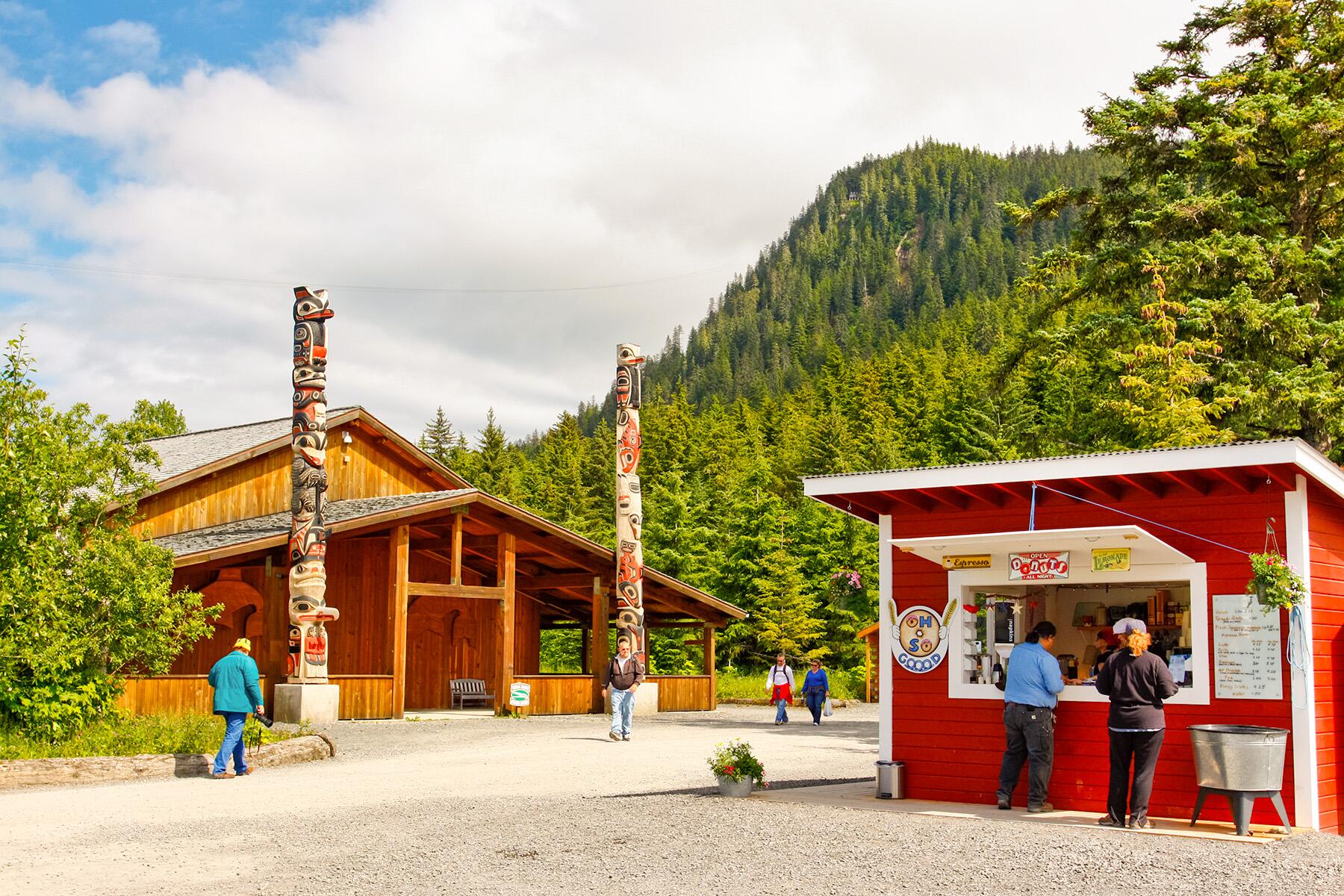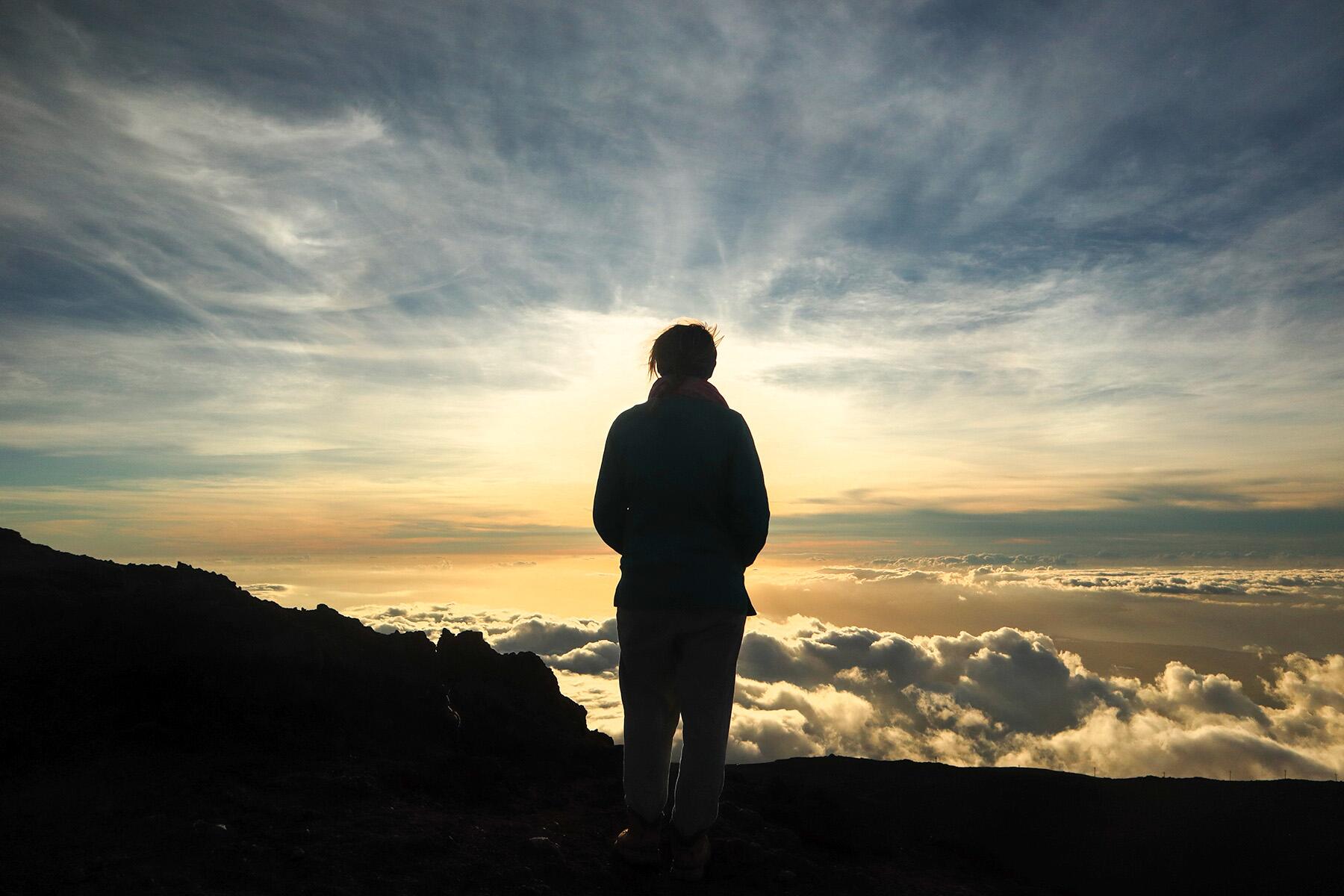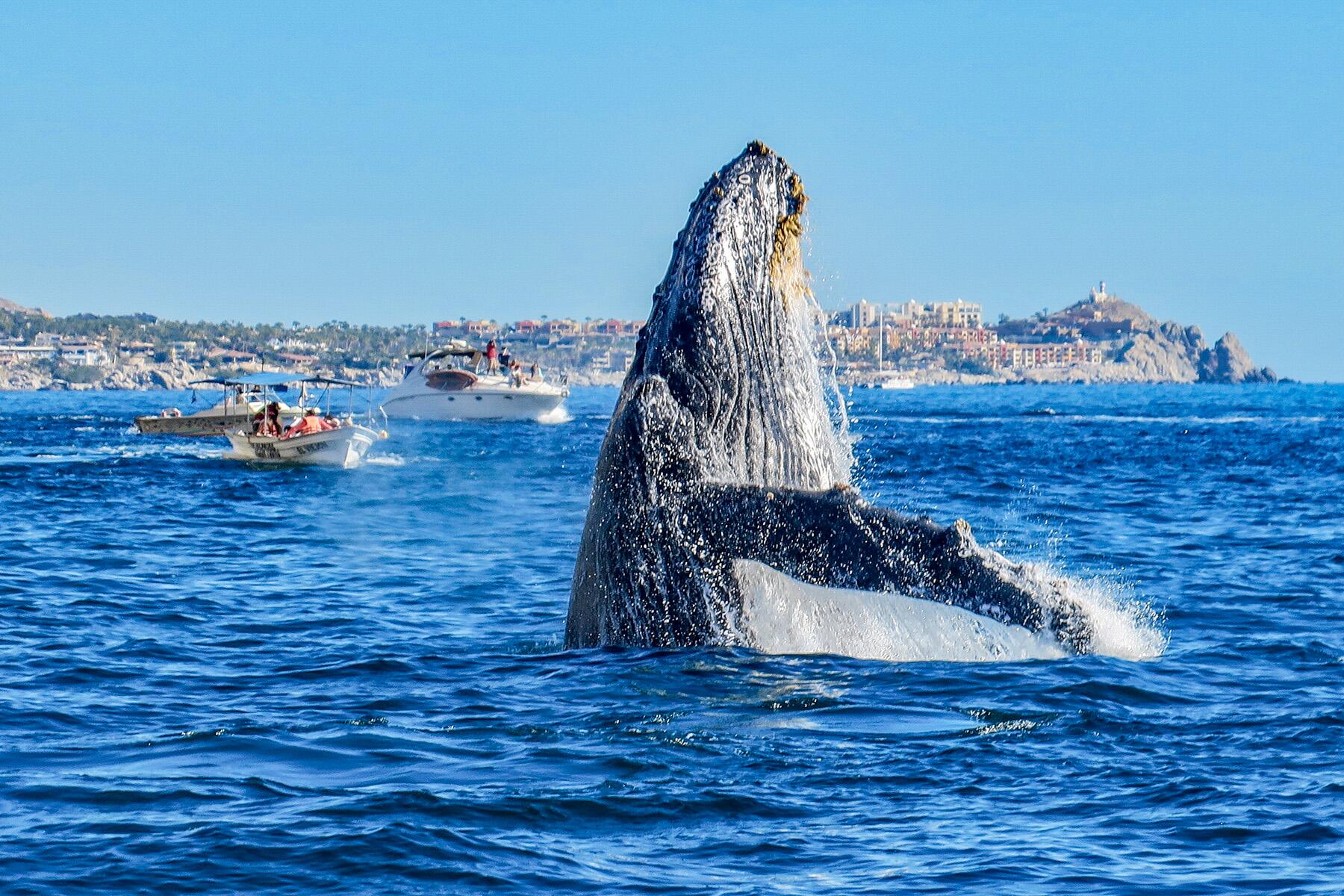CBD can help alleviate anxiety when traveling, but what are the rules when it comes to traveling with it?
It seems like CBD products are popping up everywhere, from local drugstores and gas stations, to spas and social-media feeds. But what if you’ve already found your favorite CBD brand and want to carry it on your next trip? Is traveling with CBD a sensible idea or risky behavior?
The good news is that CBD is legal across America, thanks to the 2018 Farm Bill legalizing hemp farming and products. So, for starters, don’t be afraid to pack your go-to CBD brand for domestic air, water, rail, or road trips like you would any other toiletry or wellness supplement. Better still, CBD’s potential benefits can make traveling feel less stressful and more comfortable, without any psychoactive effects. Still, there are some details to consider, so here are some tips to remember if you’re considering traveling with CBD.
Let’s Get into the Legal Nitty Gritty
In basic terms, the cannabis species can be either hemp or marijuana. While marijuana plants contain both CBD and THC (the psychoactive compound that gets you high), hemp plants contain CBD and only a trace amount of THC. CBD products can contain precisely 0.3 percent or less of THC to be federally legal. CBD products also can be entirely THC-free, so always read the fine print.
Recommended Fodor’s Video
The Benefits of Flying with CBD
Even seasoned travelers may feel anxious about stepping on a plane—especially these days when many of us feel added anxiety over COVID-19 safety and worry over who is or isn’t vaccinated. Fortunately, one May 2020 medical study showed that CBD might help with stress, anxiety, and sleep problems, helping travelers feel naturally mellow after even a small dose (more on dosage below).
Bonus: CBD also can be an effective sleep aid that’s a plant-based alternative to pharmaceuticals. Side effects tend to be minimal or nil, with a 2019 CBD study on anxiety and sleep concluding that CBD “appears to be better tolerated than routine psychiatric medications.”

Pain relief is another reason to appreciate CBD when you’re on the go since it’s also shown anti-inflammatory and antioxidant properties. Your immune system can get natural support from CBD to promote tissue repair throughout the body, and your aching joints and muscles may feel less stiff either by taking CBD orally or by applying CBD topicals to tender body parts for potentially instant relief.
What to Look for in a CBD Product
Not all CBD products are the same in quality, concentrations, or packaging. When shopping for the right one for travel, it’s smart to find brands with clear labels that note the container size and complete ingredients. It’s also key to find CBD that’s made in the USA, where hemp farming and manufacturing is likely more reliable than a product made overseas. Especially for air travel, we recommend seeking out odorless, non-greasy creams, balms, and topicals or using CBD capsules or tinctures for edible use.

For AmourCBD Founder Ed Donnelly, a product’s appearance is the easiest way for a TSA agent or officer to recognize an authentic CBD product. “Our products are properly labeled, and they are small enough in size that you won’t risk a problem from that standpoint,” says Donnelly, noting that AmourCBD is FDA-registered. “We’re professionally labeled. People look at our stuff, and we look medical-grade, which makes it more conducive to travel.”
The Difference Between Full-Spectrum and Broad-Spectrum CBD
You’re not wrong if you think full-spectrum and broad-spectrum might mean the same thing, but there’s a big difference between them. Full-spectrum CBD means there is THC in the product—albeit just a trace amount of 0.3 percent or less—which means it could cause a mild psychoactive effect. Broad-spectrum CBD is THC-free, so you should not feel any kind of high from it because the THC molecules have been wholly filtered out.
“When traveling, CBD can really be helpful to your comfort and anxiety management,” explains Donnelly. “The biggest thing I say, whatever product you choose, is to make sure you use one that does not have THC. Because why take the chance?”
While most of the time you can rely on US-made CBD that’s extracted from strictly hemp plants, double-check its ingredients. You can even go the extra step of checking a product’s COA (certificate of analysis), the lab report that measures precisely what’s in a product and what’s not (like pesticides). COAs should be done by independent laboratories, and PDFs usually list the product’s web page.
What to Know About Traveling With CBD
Yes, you can travel across America with hemp-derived CBD. For domestic air travel with CBD, follow all the standard TSA rules like no liquids, aerosols, gels, creams, or pastes over 3.4 ounces/100 milliliters (larger sizes can go into your checked bag). Carry CBD through security in a clear, resealable bag no larger than one quart for easy screening.
Beau Schmitt of Sunday Scaries says, “In January 2020, the TSA updated its regulations confirming that travelers on domestic flights shouldn’t have a problem traveling with CBD products, as long as they contain under .3% of THC (both full- and broad-spectrum). But always remember that TSA officers have the final decision.”
Meanwhile, an international trip introduces potential hang-ups that could put you in hot water since cannabis of any kind is still illegal in many countries. You can research the cannabis and CBD-specific laws in your destination, but that doesn’t mean a customs agent or officer will understand the differences between CBD extracted from marijuana versus hemp.
“We do not recommend traveling internationally with any CBD products, as CBD could be considered an illegal, controlled substance in another country,” says Schmitt. So, for trips abroad, it’s best to leave your CBD at home.
Getting Your CBD Dosage Right
Finding the right dosage for your body’s needs and tolerance depends on many factors. For example, your body weight, your experience with cannabis, your pain level, and your sensitivity to drugs of any kind. Some consumers start quite minimally with just five milligrams of CBD, though such a small dose may leave you feeling no benefits.

The industry standard is more like 10 milligrams per dose, which may come as a tincture to drop under your tongue or as soft-gel capsules, gummies, or other edibles. CBD dosage is similar to vitamin C, so you should take smaller doses two or three times per day so your body can best absorb it.
Most importantly, ask your doctor for dosage guidance and ensure it won’t cause problems with other medications or drug screenings. Give your CBD a safety try at home before consuming it on a plane, train, or behind the wheel.
“CBD can help domestic travelers feel more at ease and less stressed during their flights,” says Schmitt. “Whether you’re just trying to ignore that crying baby, trying to calm your racing mind, or trying to stave off a nervous breakdown, CBD can help.”




In the United States, domestic air travel with hemp-derived CBD is generally permitted, provided the product contains less than 0.3% THC. Follow TSA guidelines, including packaging CBD in a clear, resealable bag and ensuring it complies with liquid restrictions. While TSA regulations allow for CBD on domestic flights, it's crucial to note that individual TSA officers have the final say. However, international travel with CBD can be trickier due to varying cannabis laws worldwide. Researching destination-specific laws is advisable, but customs officials may not always differentiate between CBD derived from hemp and marijuana, potentially leading to complications